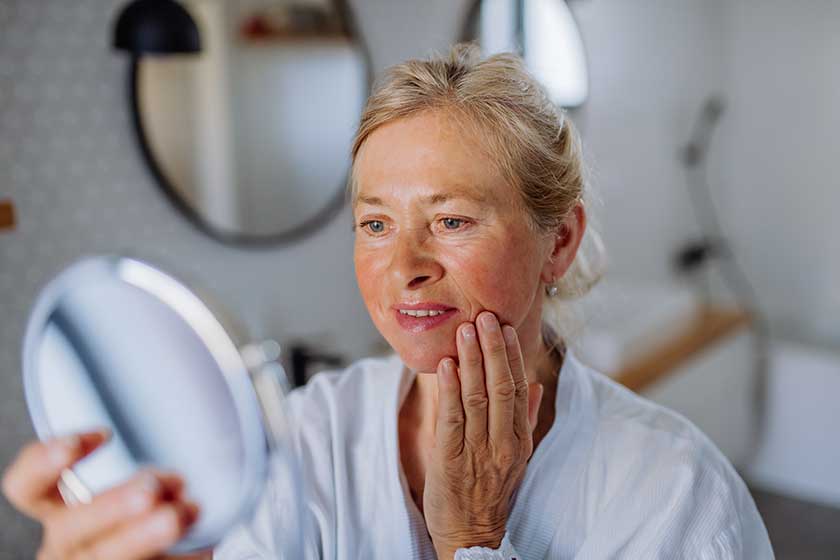Aging is an inevitable process that brings with it a complex interplay of physical and psychological effects. Understanding these changes is crucial for seniors and their caregivers to manage the aging process gracefully and maintain a high quality of life.
Decreased Bone Density and Muscle Strength
One of the most notable physical effects of aging is the decrease in bone density and muscle strength. Osteoporosis, a condition characterized by weakened bones, becomes more common, increasing the risk of fractures. Sarcopenia, the loss of muscle mass, also occurs, leading to reduced strength and mobility.
Cardiovascular Changes
Aging affects the cardiovascular system significantly. Arteries become less flexible, and the heart muscle can weaken, leading to increased risk of cardiovascular diseases such as hypertension and heart disease. Regular monitoring and a healthy lifestyle are key to managing these risks.
Cognitive Decline
Cognitive decline is a common psychological effect of aging. This can range from simple forgetfulness to more severe forms of cognitive impairment like dementia. Engaging in mentally stimulating activities and social interactions can help slow down this decline.
Sensory Impairments
Aging often brings changes in sensory perceptions. Vision and hearing loss are common, impacting the daily lives of seniors. Regular eye and ear examinations are essential for early detection and management of these impairments.
Slower Metabolism and Digestive Changes
As we age, our metabolism slows down, which can lead to weight gain and digestive issues. Changes in digestive function can also result in problems like constipation or gastritis. A balanced diet and regular physical activity can help manage these changes.
Emotional and Mood Changes
Psychological effects of aging also include changes in emotions and mood. Seniors may experience feelings of loneliness, sadness, or anxiety, especially after major life changes like retirement or the loss of a loved one. Providing emotional support and encouraging social connectivity are vital.
Skin Aging and Appearance Changes
The aging process is often most visible in the skin, which loses elasticity, leading to wrinkles and age spots. While these changes are natural, protecting the skin from excessive sun exposure and maintaining a healthy skincare routine can help.
Understanding and Responding to These Changes
Understanding these physical and psychological changes is important for seniors and their caregivers. It allows for better management of health and well-being and prepares one to respond effectively to the challenges that aging brings.
Promoting a Healthy Lifestyle in Senior Years
A healthy lifestyle that includes a balanced diet, regular exercise, and mental stimulation can mitigate many adverse effects of aging. Preventive healthcare measures like regular check-ups also play a crucial role. Maintaining emotional well-being is just as important as physical health. Encouraging social interaction, hobbies, and activities that bring joy and fulfillment are essential for psychological health during the senior years.
Adapting to Changes with Positivity
Adapting to the changes brought about by aging requires a positive mindset. Accepting these changes while focusing on the aspects of life that can be controlled and enjoyed is crucial for a positive aging experience. By acknowledging these changes, seniors can continue to lead fulfilling lives despite the challenges of aging.







